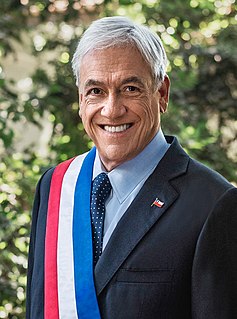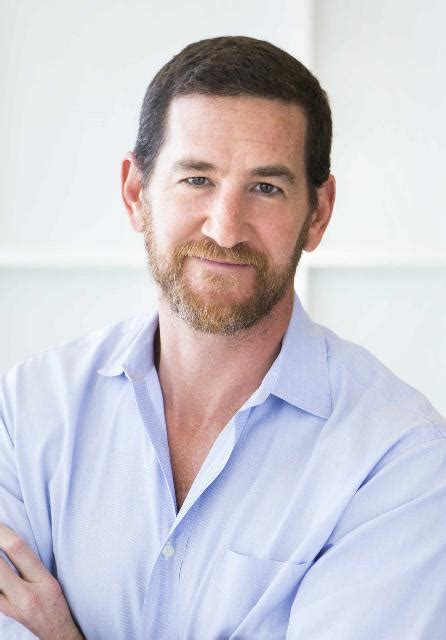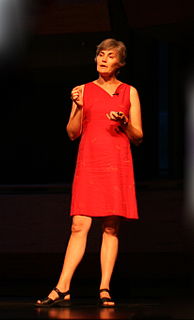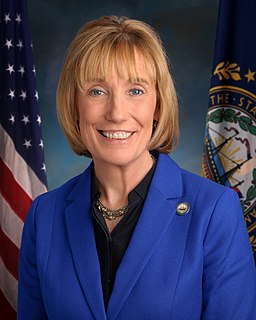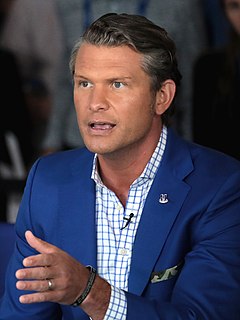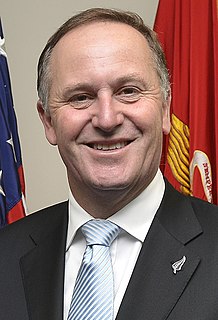A Quote by Gary Hamel
In an increasingly non-linear economy, incremental change is not enough-you have to build a capacity for strategy innovation, one that increases your ability to recognize new opportunities.
Related Quotes
I was lucky enough to build on the work of a number of people who had already run laps around this theory-building track. The original classification scheme, years ago, distinguished radical from incremental change. The theory said that established firms managed incremental change well, but would be expected to founder when their industry encountered a radical change.
Intellectual-property rules are clearly necessary to spur innovation: if every invention could be stolen, or every new drug immediately copied, few people would invest in innovation. But too much protection can strangle competition and can limit what economists call 'incremental innovation' - innovations that build, in some way, on others.
The pace of innovation may slow down or speed up depending on the appetite in the public markets, but the constant progress of technology doesn't really ever stop. There's always opportunities for new ideas and creative people to go build great things. I'm always interested in learning about those kinds of opportunities.
There is a new science of complexity which says that the link between cause and effect is increasingly difficult to trace; that change (planned or otherwise) unfolds in non-linear ways; that paradoxes and contradictions abound; and that creative solutions arise out of diversity, uncertainty and chaos.
As governor, I will always be willing to work with people who have ideas to offer and are ready to roll up their sleeves. That kind of teamwork will build a New Hampshire that will lead the nation and compete with the world. Together, we will help our businesses grow and build a stronger economy on a vision of innovation and growth.
I recognize thart even you, yourself, will change. Your ideals will change, your tastes will change, your desires will change. Your whole understandings of who you are had better change, because if it doesn't change, you've become a very static personality over a great many years, and nothing would displease me more. And so I recognize that the process of evolution will produce changes in you.
I think it is only natural that people have anxiety about the economy because the economy is real. It is their job, their ability to service their mortgage and look after their family. And in the final analysis, nothing is more important than your capacity as a breadwinner or an earner to provide for those that rely on you.
We can't have extraordinary dynamism, innovation, and change in the economy and expect to have predictability and stability in our personal lives. It's not as if there are these big, giant institutions existing between us and the economy. In fact, these institutions have become tissue-thin. There is no mediation anymore. We are the economy; the economy is us.




